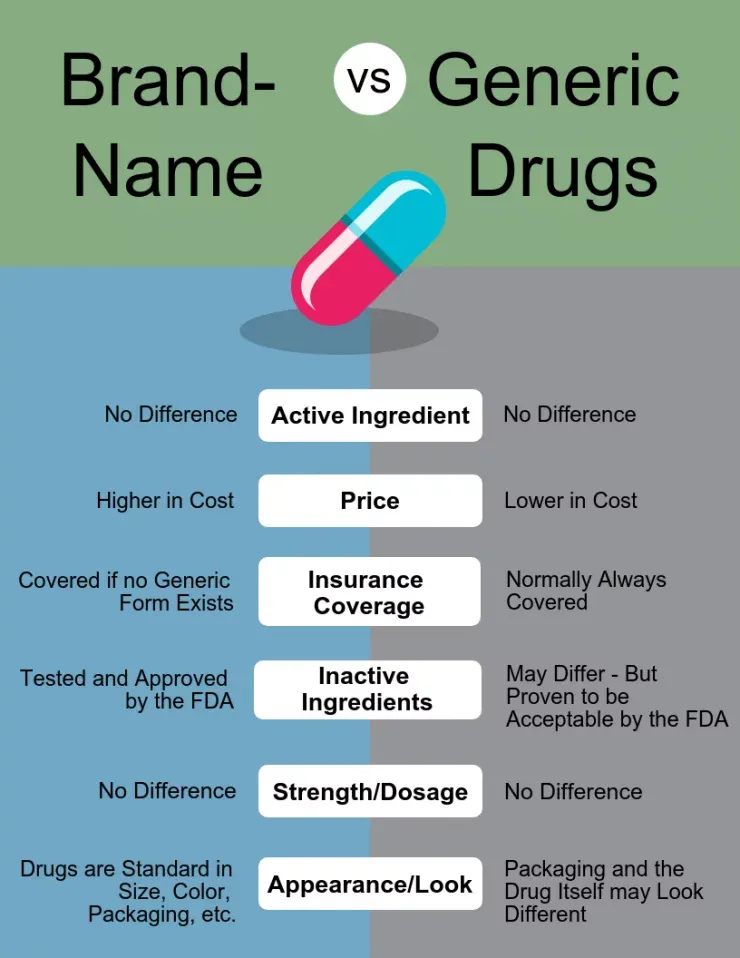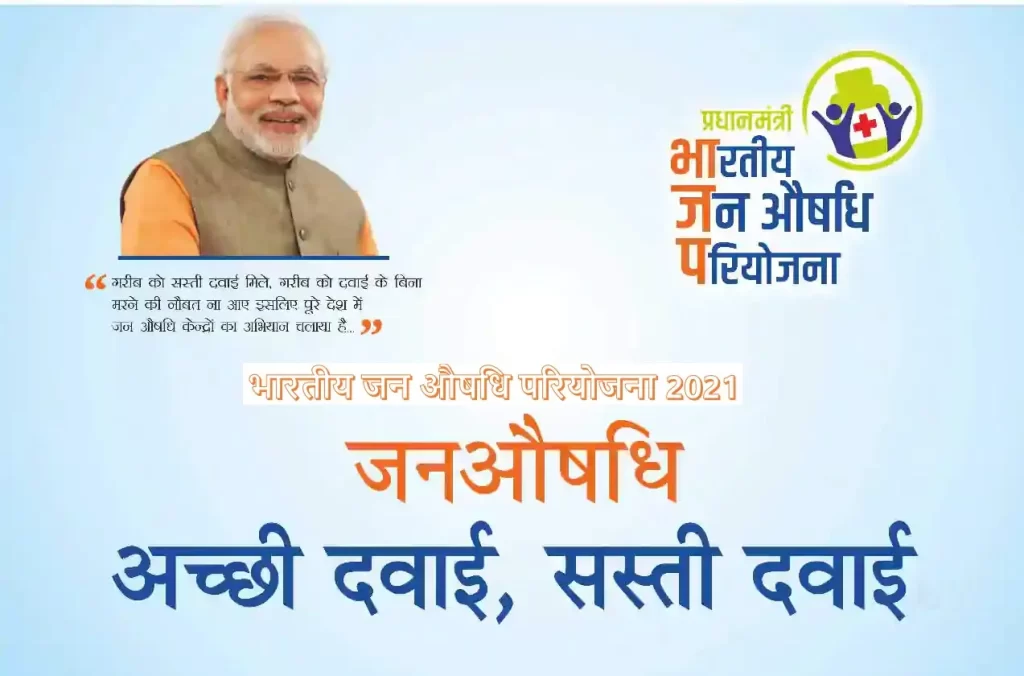What is Generic Medicine?
Generic medicines and vaccines are replicated versions of originally researched drugs.
- Lower Prices: They are available at significantly reduced prices compared to brand-name drugs.
- Patent Expiry: Generic drugs become available after the patent on the original drug expires. This allows other manufacturers to produce and sell them.
Drugs like Aspirin and Paracetamol, which are generics, are often sold under brand names like Disprin and Crocin.
- Similarity to Brand-name Drugs: Generic medicines have similar dosage, composition, administration method, benefits, quality, and potential side effects to their brand-name counterparts.
- Comparable Effectiveness: Despite their lower cost, generic medications are equally effective as brand-name drugs.
- Regulatory Compliance: They must meet strict regulatory standards for safety, efficacy, and quality.
- Increased Accessibility: Generic drugs provide a more affordable option for consumers, increasing accessibility to essential medications.
- Consumer Awareness: Consumers should be aware that generic drugs offer the same benefits as brand-name drugs but at a lower cost.

Need in India
- High Drug Prices: In India, the purchasing power among the population is limited. High drug prices are a barrier to effective healthcare.
- Hospital Bills: A survey by the National Pharmaceutical Pricing Authority reveals that a considerable portion (55%) of hospital bills in India comprises payments for medicines and other consumables.
- Impact on Poverty: Approximately 55 million people in India are pushed below the poverty line annually due to healthcare-related payments, indicating the severe financial strain caused by high medical costs.
- Regulatory Challenges: There are loopholes in regulations that allow hospitals to circumvent price controls on consumables. Past experiences show that when the government caps margins or prices, hospitals may increase charges for procedures and other services, failing to pass on benefits to patients.
- Case of Cardiovascular Stents: For example, after the government capped prices on cardiovascular stents, hospitals responded by increasing charges for procedures, illustrating how regulatory measures may not always lead to reduced overall healthcare costs for patients.
- Importance of Generic Medicines: Generic medicines play a crucial role in addressing these challenges by offering more affordable alternatives, thus helping to alleviate the financial burden on patients and improving access to essential healthcare services.
Steps taken to promote generic medicine in India
- Jan Aushadhi Scheme: The Indian government launched the Jan Aushadhi Scheme to promote the use of generic medicines. By making quality generic drugs available at affordable prices through government-owned Jan Aushadhi Kendras (outlets).
- Price Controls: The government regulates the prices of essential medicines through the National List of Essential Medicines (NLEM) and Drug Price Control Orders (DPCO). This ensures that these medicines remain affordable and accessible to the general public.
- Mandatory Generic Prescriptions: In 2017, the Medical Council of India made it mandatory for doctors to prescribe generic medicines in their prescriptions. To encourage the use of more affordable generic alternatives.
- Awareness Campaigns: Various awareness campaigns and initiatives have been undertaken by the government and non-governmental organisations to educate both healthcare professionals and the general public about the benefits and quality of generic medicines.
- Incentives for Pharmacies: Incentives, such as higher margins or discounts, are provided to pharmacies that promote and sell generic medicines. This encourages their adoption and availability in the market.
- Quality Assurance: The government ensures strict quality control measures to maintain the safety and efficacy of these drugs.
- Promotion through Public Health Programs: Generic medicines are often promoted and distributed through various public health programs, such as those targeting diseases like tuberculosis and HIV/AIDS, to ensure access to affordable treatment options for patients.
- Encouraging Domestic Production: Policies and incentives are implemented to promote domestic production of generic medicines, reducing dependency on imported drugs and further lowering costs.
- Partnerships with Private Sector: Collaboration with private sector pharmaceutical companies is encouraged to increase the production and availability of generic medicines in the market, further expanding access to affordable healthcare options.

Generic Medicines are not successful in India – why?
While generic medicines have made significant strides in India, there are several challenges that have hindered their full success:
- Brand Loyalty: Many consumers in India still prefer brand-name medicines over generics due to perceptions about quality and effectiveness.
- Lack of Awareness: Despite efforts, there is still a lack of awareness about their quality, efficacy, and cost-effectiveness.
- Quality Concerns: Regulatory bodies like the Central Drugs Standard Control Organization (CDSCO) enforce quality standards for generic medicines. Yet there are concerns about the consistency and reliability of some generic products.
- Profit Motives: Profit motives of pharmaceutical companies and healthcare providers may conflict with the promotion of generic medicines.
- Distribution Challenges: Limited availability and accessibility of generic medicines, particularly in rural areas, pose significant challenges. Distribution networks for generic drugs may not be as extensive or efficient as those for brand-name drugs.
- Regulatory Barriers: Complex approval processes and bureaucratic inefficiencies, can impede the production, distribution, and promotion of generic medicines in India.
- Inadequate Infrastructure: India’s healthcare infrastructure may not fully support the widespread adoption of generic medicines.
Way forward
- The Tamil Nadu and Rajasthan governments consistently procure generic medicines at highly competitive prices. This results in the widespread use of millions of drugs within their public health systems.
- This success is attributed to robust quality assurance measures implemented in their drug procurement systems. Their effective drug procurement practices serve as a model to emulate.
- The principle of ensuring healthcare accessibility for all, regardless of financial means, is paramount. It’s essential to address existing concerns promptly. Only by addressing these concerns can we lay the foundation for a comprehensive healthcare system like Ayushman Bharat.


Leave a Reply
You must be logged in to post a comment.